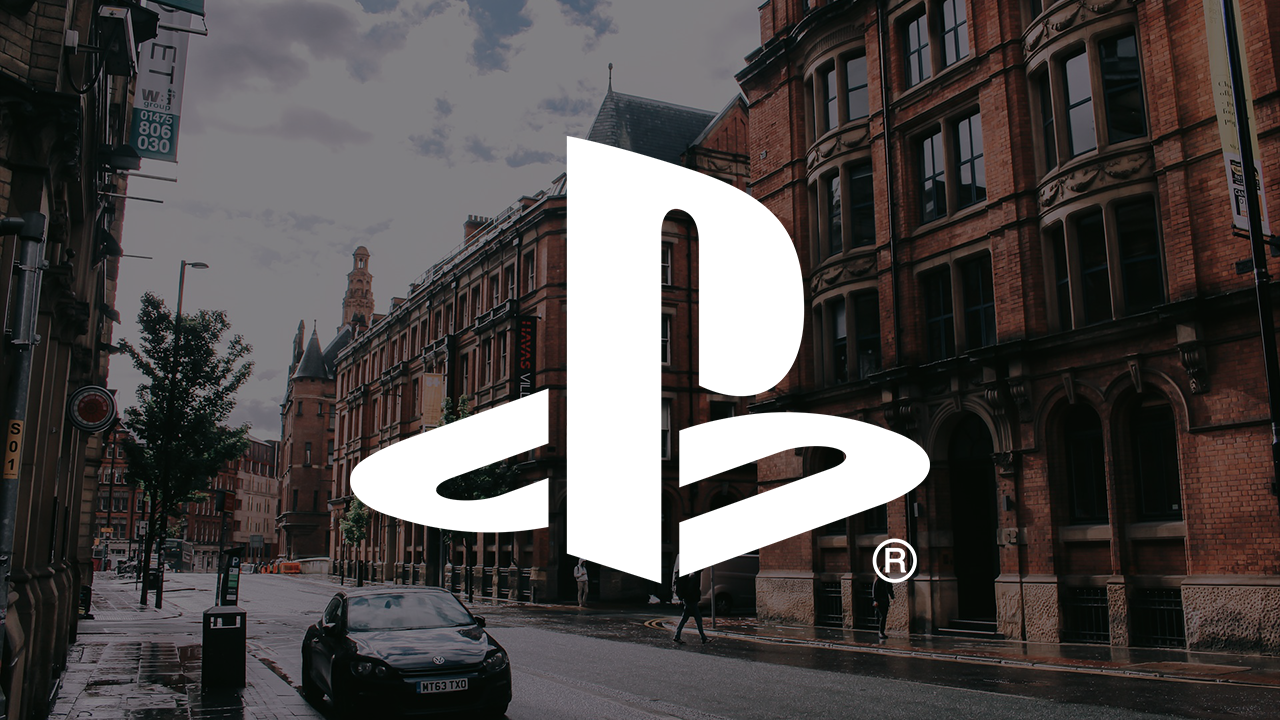Despite the recent State of the Industry report providing a positive outlook on the future of VR, with increased interest in the Oculus line of hardware, Sony has taken the decision to close its Manchester-based studio. Formed with the sole purpose of building VR titles back in 2015, the studio had been working on a so-far unannounced title.
Information obtained and confirmed by GamesIndustry.biz noted that the closure of Sony Manchester was part of a strategy to ‘”improve efficiency and operational effectiveness.” This is not the first time that Sony has closed UK-based studios this console generation. Sony Manchester joins the ranks of Guerilla Cambridge, shuttered back in 2017, and Evolution Studios which was closed in the year prior. It’s understood that all of the staff at the Manchester studio have been made redundant.
At the time of writing, Sony still operates two first-party studios within the UK:
- Media Molecule – Based in Guildford and responsible for games such as Little Big Planet and Dreams.
- SIE London Studio – Developer of titles such as Blood & Truth, VR Worlds, and PlayStation Home.
As the industry tends to do when something like this happens, other developers have rallied around and reached out to the ex-Sony staff affected by the layoffs. The Talent Acquisition Manager at Team 17, the prestigious studio behind cult classic Worms, posted information to help displaced devs via LinkedIn.
Team 17 is likely not the only studio to be doing this kind of outreach. Fabrik Games, another VR developer, is currently hiring across numerous departments and is conveniently located nearby in the city of Liverpool. The studio was founded by Graeme Ankers, former Director of Studio Liverpool, another one of Sony’s development houses to suffer an untimely closure in 2012. If anyone is going to understand the position of the newly redundant workforce, it’s him and his team.
Despite some strong early titles, it’s not been a great few years for PSVR focused studios. This latest closure does throw questions about the future of the platform. Just 10% of the 4000+ respondents to the GDC State of the Industry report confirmed that their future titles would be coming to the Sony VR platform, with 39% confirming that the Oculus Quest was the destination most appealing to them for upcoming games.
Data released at CES 2020 last month confirmed that an extra one million PSVR units entered the market within the last 12 months, which sits the overall sales figures at five million in total. The total PC VR headsets in circulation are reported to be comparable with that, and with no console-based competition, you’d have expected Sony to have been able to corner the VR-accessible market more readily than it has.
The post Sony to Close Manchester Studio to Improve ‘Operational Effectiveness’ by James Bowers appeared first on DualShockers.
